Tips for everyday life
Even small changes and decisions in everyday life can make a big difference in the long term. On this page, we share practical tips that can help you reduce your energy costs quickly and easily.
How many of these do you already know or are already implementing? Go through our checklists and find out!
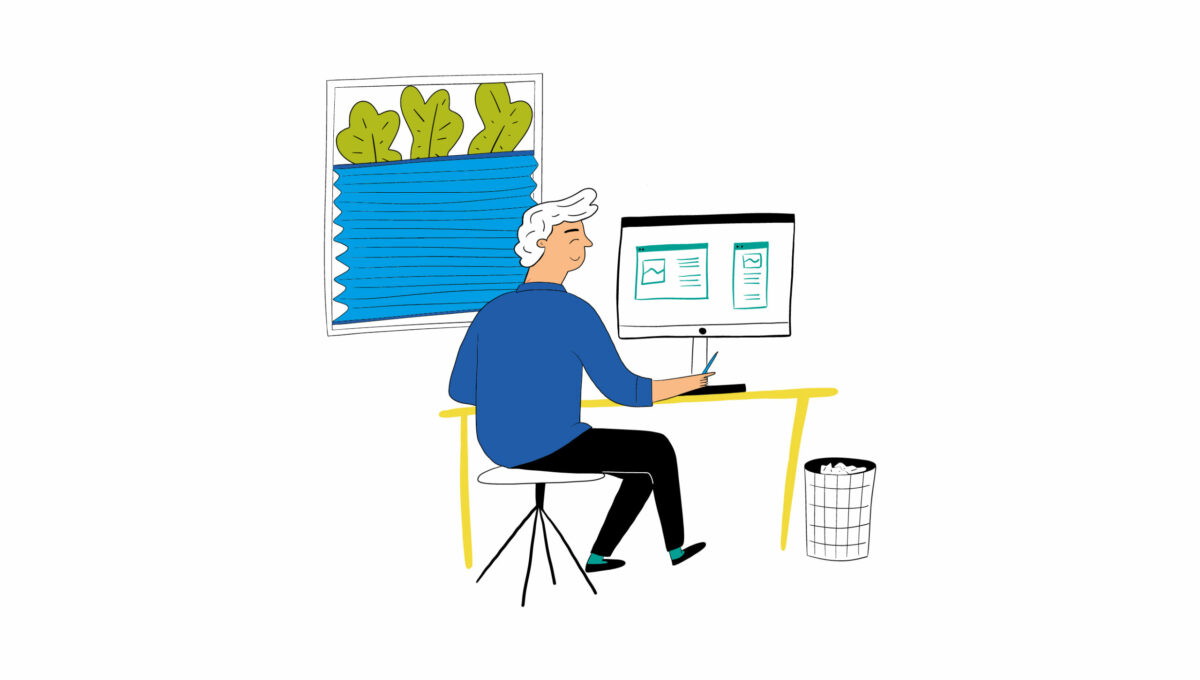
Energy contracts and subsidies
- Compare energy suppliers regularly to find the best deal for you. If there are cheaper tariffs for you, change your supplier. The E-Control tariff calculator helps you with the comparisons and enables you to switch quickly with just a few clicks.
- Check regularly whether you are already claiming all the benefits to which you are entitled! Your local administrative authority or social aid organizations can help you with this.

Fridge and freezer
- Set the freezer compartment or freezers to a maximum of -18 °C.
- Increase the refrigerator temperature to 7°C if it is practical for you.
- Defrost your appliances at regular intervals to remove layers of ice.
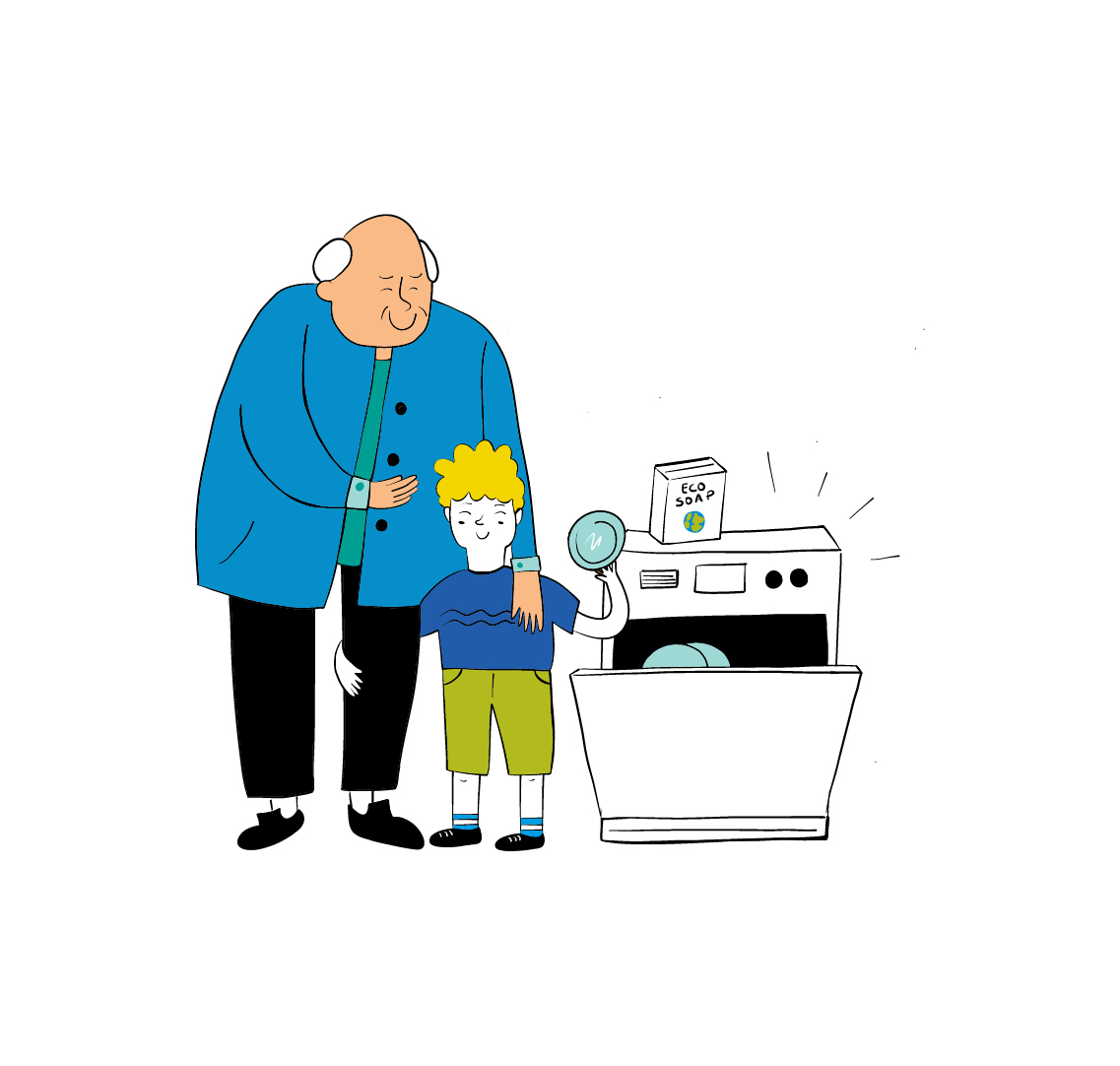
Dishwasher
- Use eco or energy-saving programs.
- Only run the dishwasher when it is fully loaded.

Cooking and baking
- Select the right pot size for the hotplate.
- Only ever heat as much water as necessary.
- Always use lids for cooking whenever possible.
- Place dishes directly in the oven without preheating.
- If available, use the convection function in the oven. You can then also bake at a slightly lower temperature.
- Switch off the hob and oven a little earlier and use the residual heat.

Electrical appliances (television, computer, etc.)
- Disconnect devices completely from the power supply when they are not in use.
- Do not leave appliances in standby mode, but switch them off or unplug them completely.
- Use power strips with toggle switches to quickly and easily disconnect appliances from the power supply.
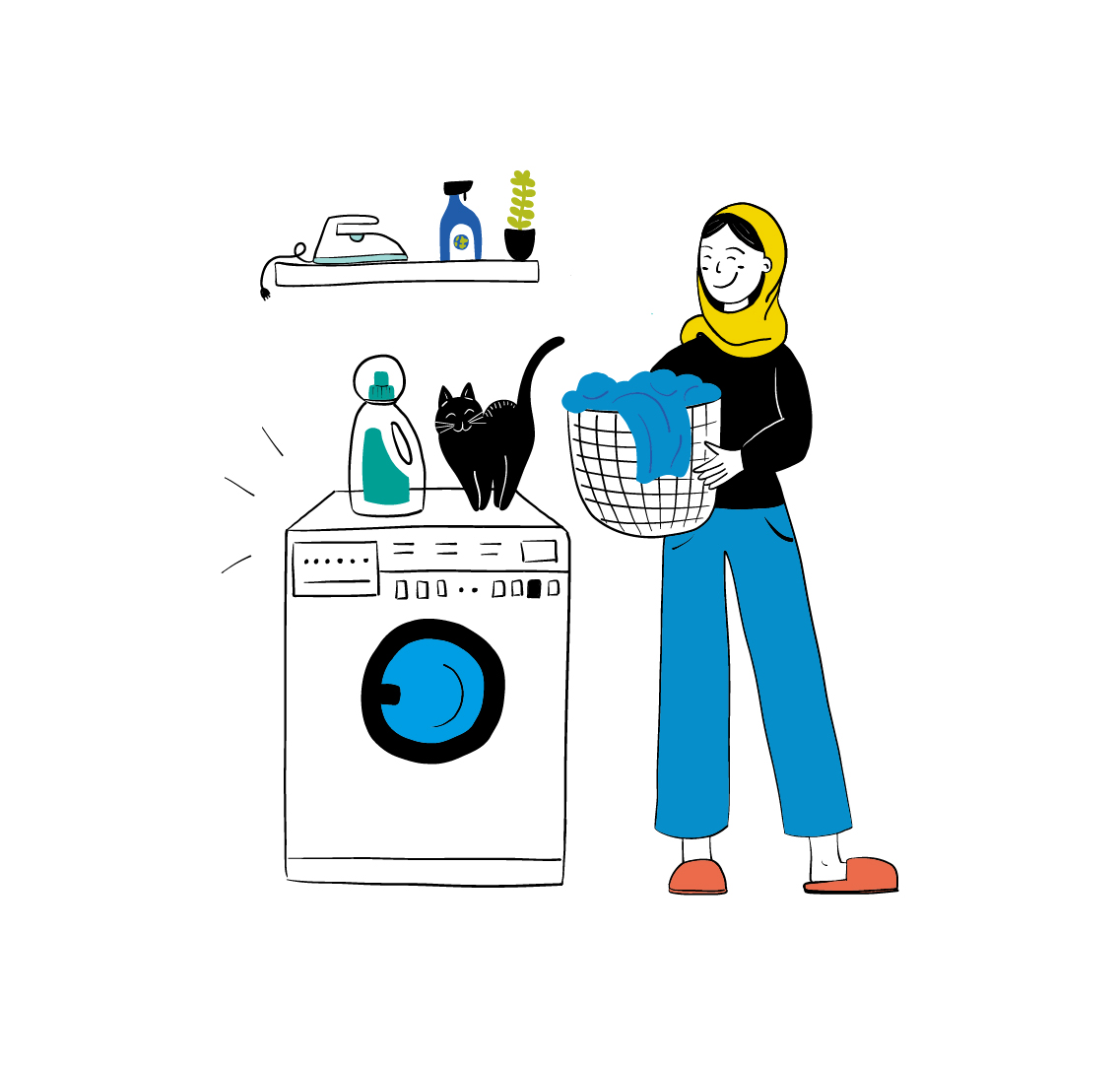
Washing the laundry
- Use the eco or energy-saving program.
- Wash at low temperatures.
- Only run the washing machine with a full load.

Cooling in summer
- Use external shading, curtains or blinds to reduce the amount of direct sunlight entering your home during the day.
- Open the windows for ventilation when it is cooler outside (e.g. in the evening and in the morning).
- Using an oven in summer can quickly heat up your home. On particularly hot days, switch to dishes that generate less heat during preparation.
- Wear loose, airy clothing made of thin fabrics. Damp cloths on the neck, arms or legs can also help in hot weather.
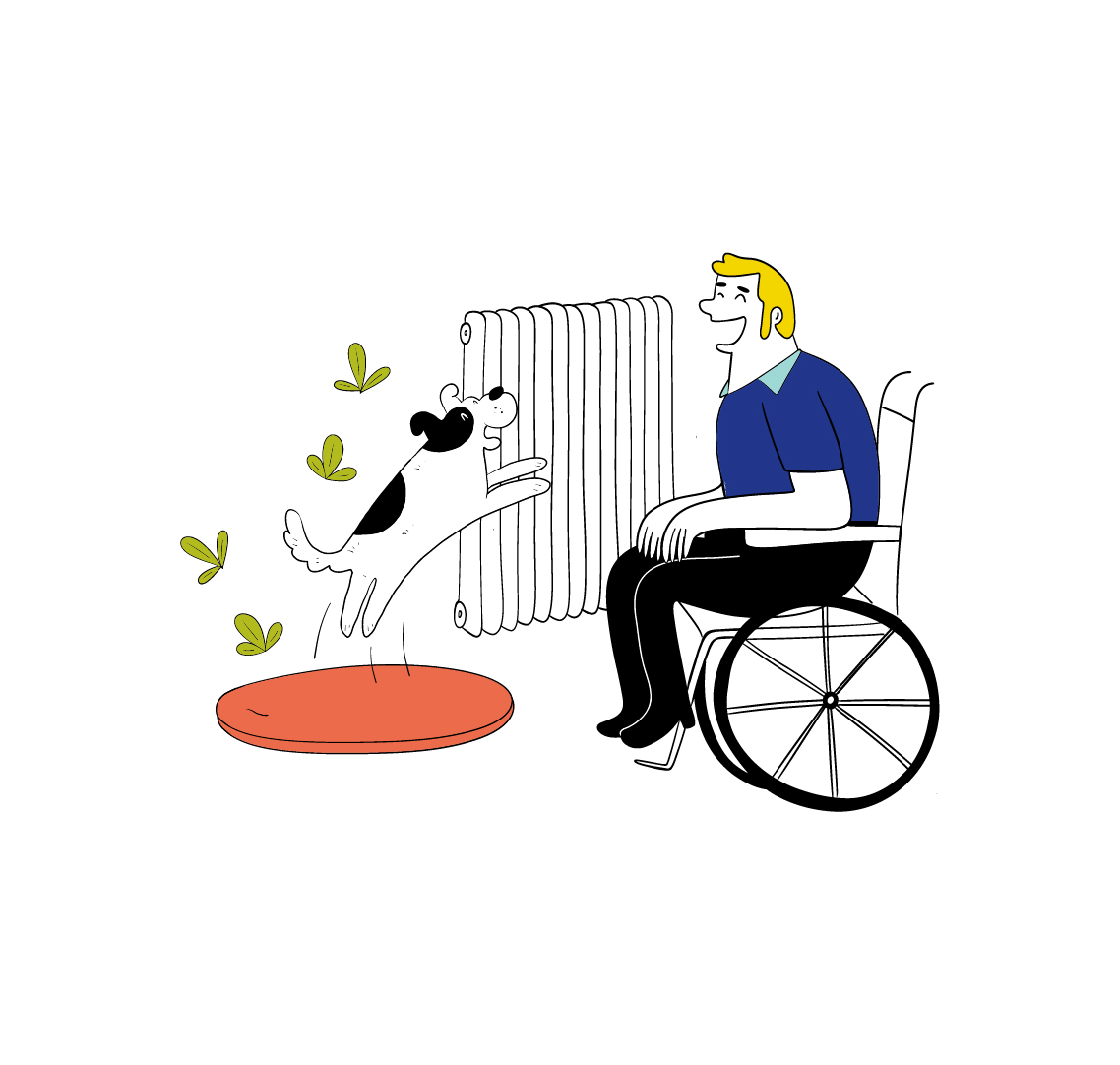
Heating in winter
- If it is possible for you, lower your room temperature a little. In the living room, 20°C and in the bedroom 18°C are usually sufficient.
- Keep the doors of more heated rooms closed so that the heat does not escape into other rooms as quickly.
- If possible, leave radiators free and uncovered by furniture or curtains so that the heat can spread into the room.
- Seal any gaps in windows and doors to reduce cold draughts.
- Regular, short bursts and cross-ventilation with fully open windows are preferable over permanently tilted windows.
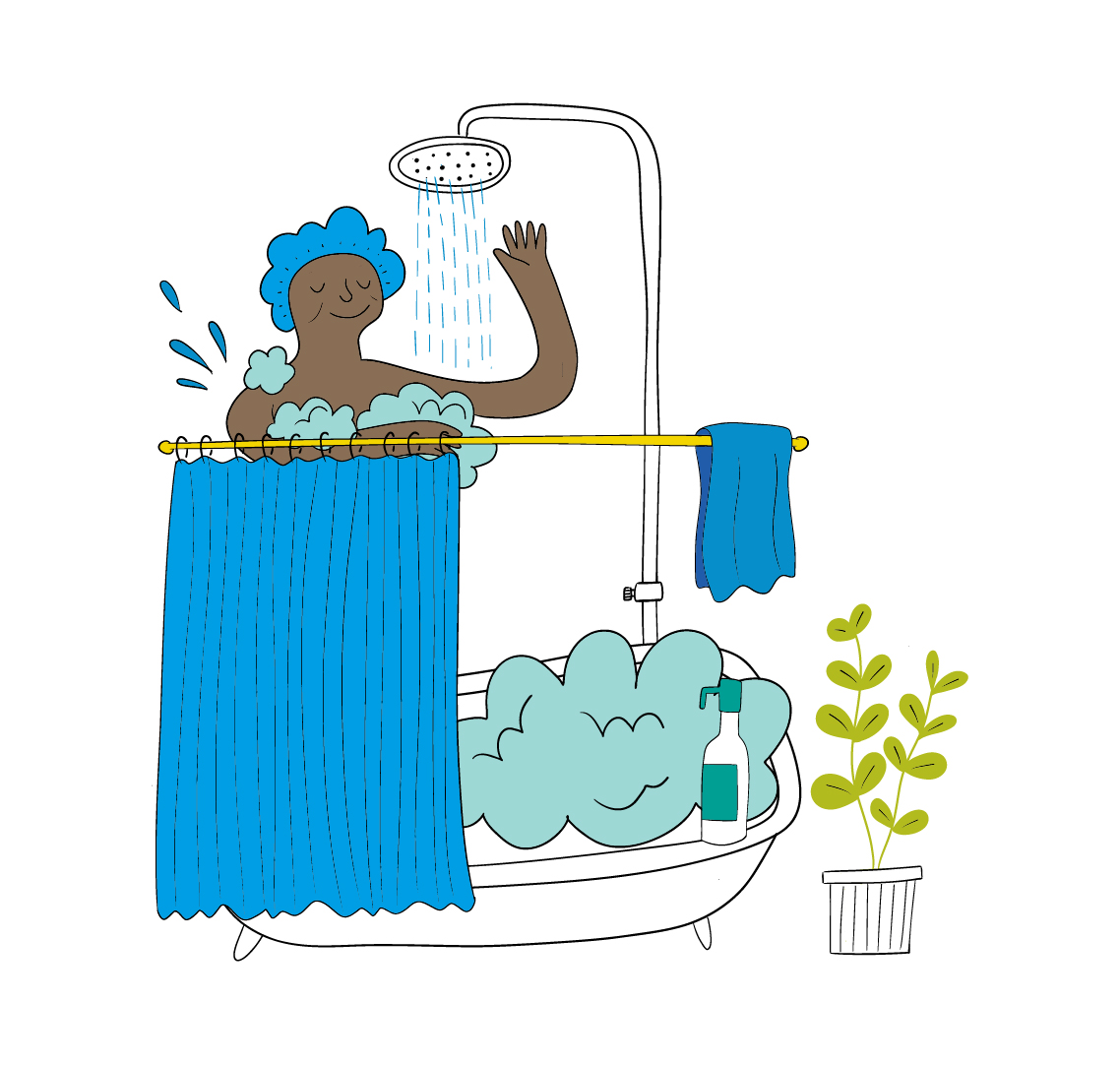
Water consumption
- Use a water-saving shower head! It consumes significantly less water and energy than a conventional shower head while offering the same comfort.
- If possible, take short showers rather than a full bath in the bathtub.